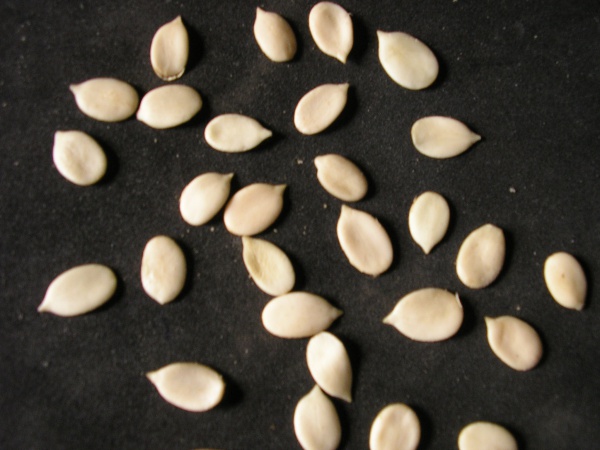Facts About Egusi
Egusi seeds, rich in fat and protein, are derived from specific cucurbitaceous plants and hold a significant place in West African cuisine. There's some debate over whether "egusi" refers solely to the seeds of the colocynth, a type of large-seeded watermelon, or if it can pertain to any similar plant. Countries such as Mali, Burkina Faso, Togo, Ghana, Côte d'Ivoire, Benin, Nigeria, and Cameroon are prominent for cultivating these seeds. Notable species that produce egusi include *Cucumeropsis mannii* and *Citrullus lanatus*.
One of the most cherished dishes made with egusi is egusi soup. This hearty, flavorful soup is created by grinding the seeds and combining them with ingredients like water, oil, and a variety of vegetables and meats. Common vegetables include leafy greens like bitterleaf and spinach, as well as tomatoes and okra. Seasonings often consist of chili peppers and onions, and the soup may contain meats such as beef, goat, fish, shrimp, or crayfish. In Nigeria, egusi soup is enjoyed by many ethnic groups, including the Igbo, Ibibio, Efik, Hausa, Edo, Esan, and Etsakọ. In Ghana, egusi is known as akatoa or agushi and is utilized in soups, stews, and the popular palaver sauce.
Interestingly, there have been initiatives to develop machines that can shell egusi seeds more efficiently. These projects, funded by the Canadian government, have seen success in Nigeria.

 Cameroon
Cameroon